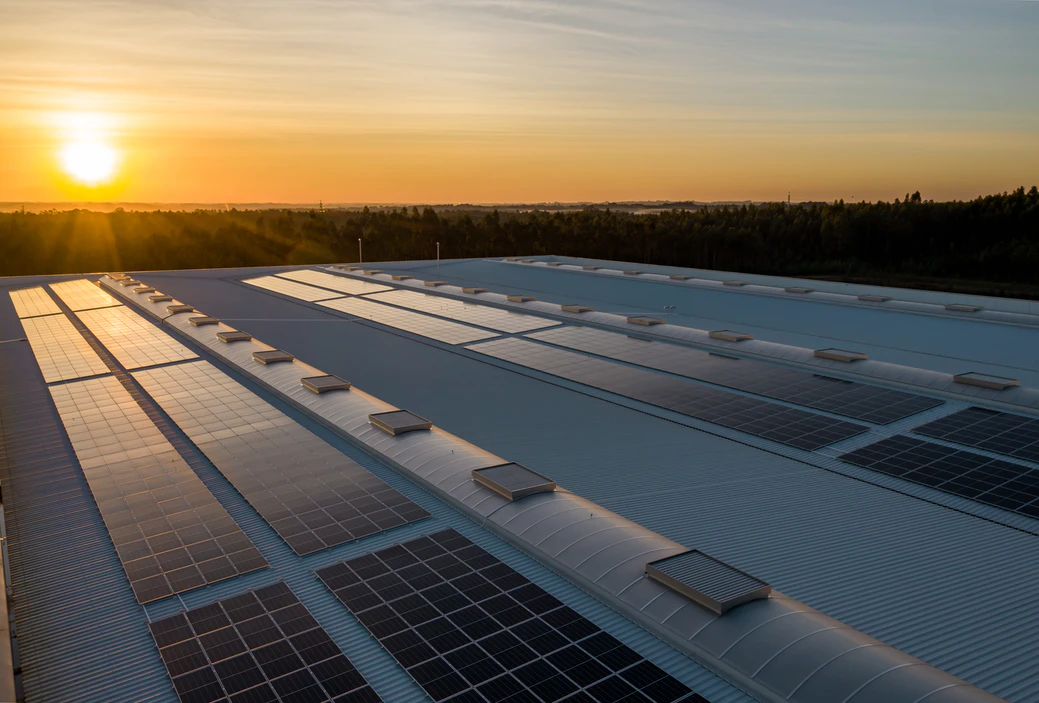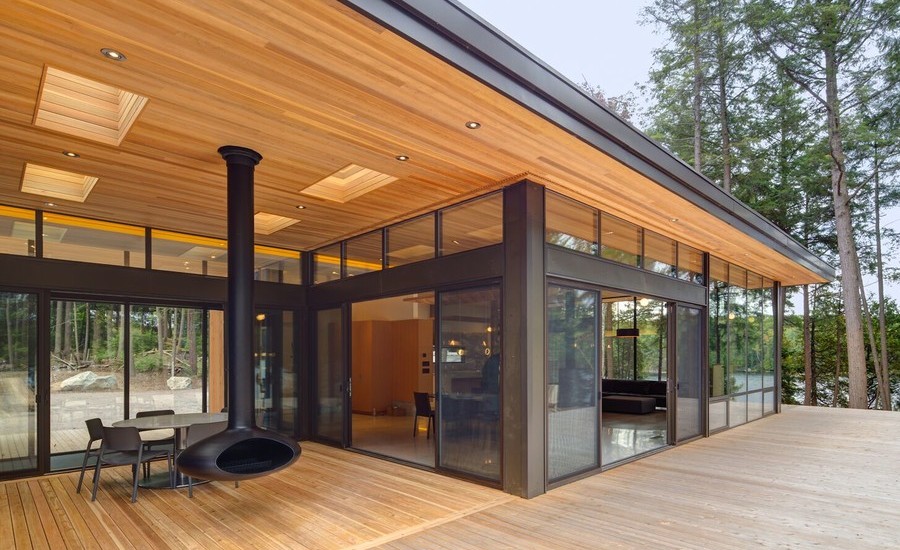Many households and businesses across the world have started investing in solar power systems for a good reason. Solar power is a green source of income, as it reduces your carbon footprint. Technological advancements in recent years have lowered the cost of the equipment involved in making solar power systems. Additionally, solar power has proven its cost-efficiency as it saves you money in the long run while keeping the environment safe. Installing solar panels on your roof will ensure that you stay self-sufficient when it comes to energy consumption. If you are still considering whether you should switch to solar power, here are 6 important details about using solar power that will convince you that it is the right option for you.
1. The Initial Cost
Installing solar panels on your roof may seem costly as you pay a big amount of money in the beginning but in the long run, the return on investment period is short due to your savings on energy bills and government aid. Additionally, solar panels increase the chances of selling your house at a better price. The advancements in technology and the increased number of installed solar power systems have lowered the prices considerably. The price of the materials used to install solar power systems has fallen off as the demand grew higher.
2. Your Roof
Your roof is where the solar panels will be installed, and many factors affect how well the system will work depending on your roof. Before even considering purchasing a solar power system, you should have a good look at your roof and its condition. If your roof is old and needs to be repaired, you need to take care of these repairs before installing anything on it. Solar panels have a warranty of 20-25 years, and your roof must have the same warranty or you will be forced to remove the panels and install them again to repair your roof.
Solar panels need a sturdy roof because of their weight that can make the roof collapse if it is damaged. Consult with a solar power professional to find if your roof has enough space to accommodate solar panels that will produce enough energy for your house or not. If not, then it might not be worth installing a solar power system. Finally, the slopes of your roof should face south for adequate harvesting of solar energy from the sun, but if you are not sure, you have to clarify this information with a specialist.
3. Solar Panels Don’t Need Direct Sunlight to Work
There are several myths about solar power including that they don’t work during winter. Solar panels work on cloudy days and winter, but they are not as efficient as when the sun is shining. Typically, they don’t produce energy at night, but you can store this renewable energy in solar batteries. You can purchase batteries to store the energy produced by the panels during the day and use it later at night. However, these batteries are expensive but you can get back its cost by selling excess energy to the national grid and they allow you to be 100% energy-independent. Keep in mind that people consume more electricity during the day and that’s when the solar panels work effectively.
4. Maintenance
One of the biggest perks of solar power systems is that they don’t need frequent maintenance visits. All you have to do is make sure they are clean and not shaded by a tree or anything. If your roof is tilted, the rain will clean the dirt on the panels, else than that, you can hire a professional cleaner to take care of your panels. If some tree branches have grown long enough to shade the panels, you will have to trim them and prevent them from scratching the surface of the panels. There are no moving parts in any solar panels which means that they won’t be affected by rust or break down. That’s why you won’t find a warranty on the panels for less than 25 years, and sometimes they can work for 35-40 years.
5. Local Financial Incentives
The rise in solar power popularity, and because it is safe, green, and sustainable energy, has made many countries around the world provide incentives to anyone who wants to install a solar power system. The main goal is to make solar power compete with the traditional energy production methods and lower the costs of energy production in the country. Government financial incentives come in various forms including investment subsidies and net metering. The investment subsidies partially refund some of the cost of installing solar panels while the net metering allows you to sell the excess energy that your system produced. Before installing a solar power system, find about the local financial incentives in your state to make a better decision.
6. Connecting to The Grid
To enjoy the benefits of net metering, you should connect your solar power system to the grid. There are several considerations you must keep in mind while contacting your local utility. You should know how long it will take them to connect your system to the grid. Find out if there are any fees to avoid any unpleasant surprises. You must know how and when you will be credited for the energy you produced. You always have the option to stay off-grid and be 100% energy-independent by installing solar batteries that will store the excess energy.
Solar power is an environment-friendly source of electricity that is being utilized by many houses and businesses all over the world. It provides free and clean energy that will lower the costs of energy bills considerably and make you forget about this bill in your life. You should consider a few things before installing solar panels as you may not have enough space on your roof or you need to repair your roof first. Governments around the world encourage their citizens to convert to solar power for its obvious benefits. You shouldn’t have any doubts when it comes to solar power as it will save you money and reduce your carbon footprint.



















